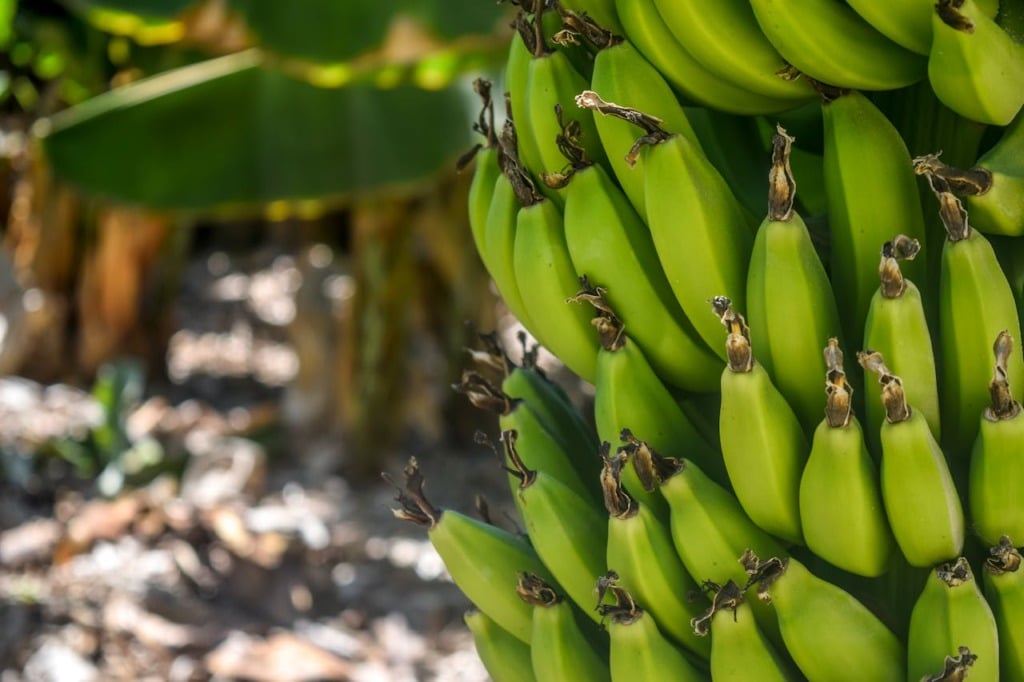Chiquita Liable for Financing Colombian Paramilitary Death Squads
In a win for international human rights advocacy, a Florida jury has found a U.S. corporation liable for human rights violations committed in a foreign country. This first of three “bellwether” trials involved nine cases. Hundreds remain to be tried in this multidistrict litigation. The jury’s verdict is the latest development in a civil case…
Continue ReadingFifth Circuit Applies Act of State Doctrine in Holocaust Art Case
Does the act of state doctrine apply to mistakes? On May 29, 2024, the Fifth Circuit held in Emden v. Museum of Fine Arts, Houston that the doctrine bars a claim for return of a painting that the Dutch government gave to the wrong person after World War II. There were several copies of this…
Continue ReadingSupreme Court Denies Cert in Fighter Jets Case
This morning, the U.S. Supreme Court denied review in Blenheim Capital Holdings Ltd. v. Lockheed Martin Corp., a case asking whether the purchase of fighter jets and other military equipment is a commercial activity under the Foreign Sovereign Immunities Act. Despite a circuit split on the question, the Solicitor General recommended that the Supreme Court…
Continue ReadingRoundtable in International Business Law
The Dennis J. Block Center for the Study of International Business Law at Brooklyn Law School is organizing a Roundtable in International Business Law. The Roundtable will take place on September 27, and proposals are due by June 28. The call is here.
Continue ReadingThrowback Thursday: Empagran’s Complicated Legacy
Twenty years ago tomorrow, on June 14, 2004, the Supreme Court handed down its decision in F. Hoffman-La Roche Ltd. v. Empagran S.A. The majority opinion, authored by Justice Stephen Breyer, interpreted the Foreign Trade Antitrust Improvements Act of 1982 (FTAIA) to preclude the application of U.S. antitrust law to injuries in other countries. Empagran…
Continue ReadingMicrosoft’s Dispute Resolution Provisions Are (Still) a Mess
Exactly one year ago today, I authored a post titled “Microsoft’s Dispute Resolution Provisions Are a Mess.” In it, I argued that the “Jurisdiction and Governing Law” clause in the form purchase order used by Microsoft and its subsidiaries in 109 countries around the world was “incoherent.” My goal in writing the post was to…
Continue ReadingHistoric Climate Opinion and Its Potential Impact on U.S. Litigation
On May 21, 2024, the International Tribunal for the Law of the Sea (ITLOS) issued a historic advisory opinion which held that State parties to the United Nations Convention on the Law of the Sea (UNCLOS) have concrete legal obligations to undertake efforts to mitigate climate change in order to prevent, reduce, and control pollution…
Continue ReadingNew Article on Old Admiralty Discretion
The Notre Dame Law Review has just published my new article, “Admiralty, Abstention and the Allure of Old Cases.” The heart of the article is a description of the federal courts’ long-standing discretion to decline jurisdiction over admiralty disputes between foreign parties. Defendants in transnational cases have recently tried to invoke this old admiralty practice…
Continue ReadingUnilateral Choice-of-Law Clauses
Over the past decade, so-called “unilateral” or “asymmetric” forum selection clauses have attracted a lot of attention. A unilateral forum selection clause does not name a court in which to resolve disputes at the time of signing. Instead, it gives one contracting party the right to unilaterally select a court after the dispute arises. In…
Continue Reading








